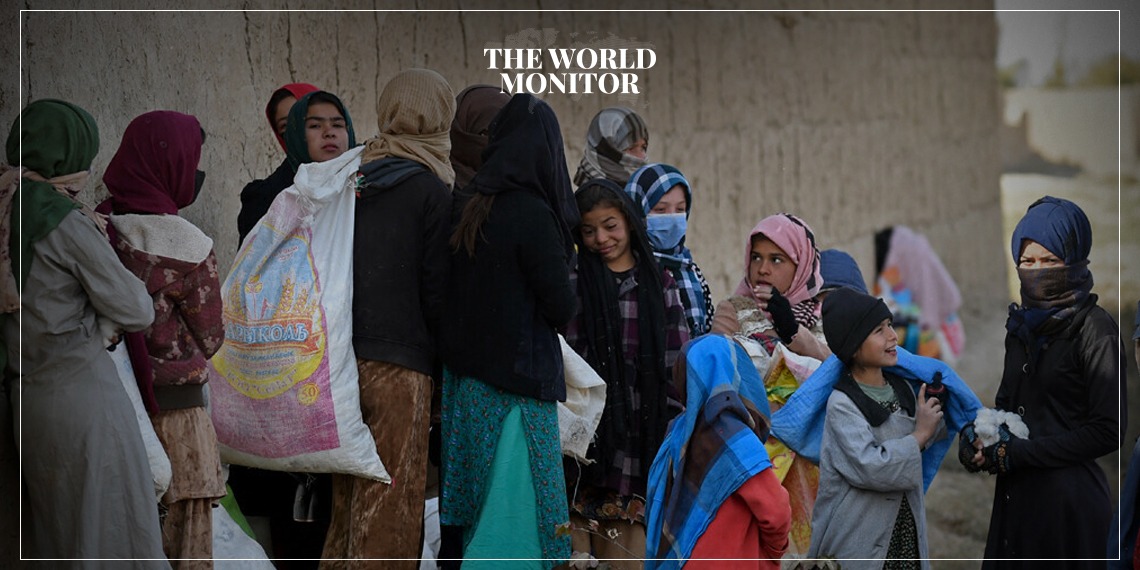In a distressing development, the World Food Programme (WFP) has been compelled to exclude another two million starving individuals from its food aid program in Afghanistan this September.
This increases the tally of those deprived of aid in the country to 10 million this year alone, according to WFP sources.
A statement from the United Nations program on Tuesday indicated that, due to an acute lack of funding, the WFP will only be able to provide emergency assistance to a mere three million people monthly.
Hsiao Wei Lee, the Country Director for WFP and its representative in Afghanistan, lamented, “With already alarming levels of hunger and malnutrition, we are forced to choose between the hungry and the famished, leaving millions of families scrambling for their next meal. With our dwindling resources, we can’t cater to all these individuals teetering on the brink of extreme deprivation.”
In March, the WFP had to reduce food rations from 75% to 50% for communities suffering from emergency hunger levels. Further, in April and May, food assistance had to be cut off for eight million individuals.
This reduction means that 1.4 million mothers and their children are no longer receiving specialized food designed to prevent malnutrition. The WFP expects a sharp rise in admissions to nutrition centers in the coming months as children slip deeper into starvation.
For the upcoming six months, the program states that it requires one billion US dollars to reach 21 million people through lifesaving food aid and nutrition, in addition to supporting livelihoods. This also includes funding for advanced food storage for communities that will be isolated during the harsh Afghan winter.
This announcement precedes the 78th annual session of the United Nations General Assembly in New York, where world leaders will convene to address major global developmental challenges, including hunger. With growing needs worldwide, the WFP urges donor governments to prioritize funding humanitarian operations.
The World Food Programme is the leading humanitarian organization saving lives and changing lives, delivering food assistance in emergencies and working with communities to improve nutrition and build resilience.
Afghanistan, which has been plagued by decades of conflict, political instability, and economic challenges, is now grappling with a severe hunger crisis. The country’s reliance on international aid and humanitarian assistance is significant, making the recent cuts by the WFP especially concerning. The issue of hunger, especially in conflict zones like Afghanistan, is anticipated to be a major point of discussion at international forums.






